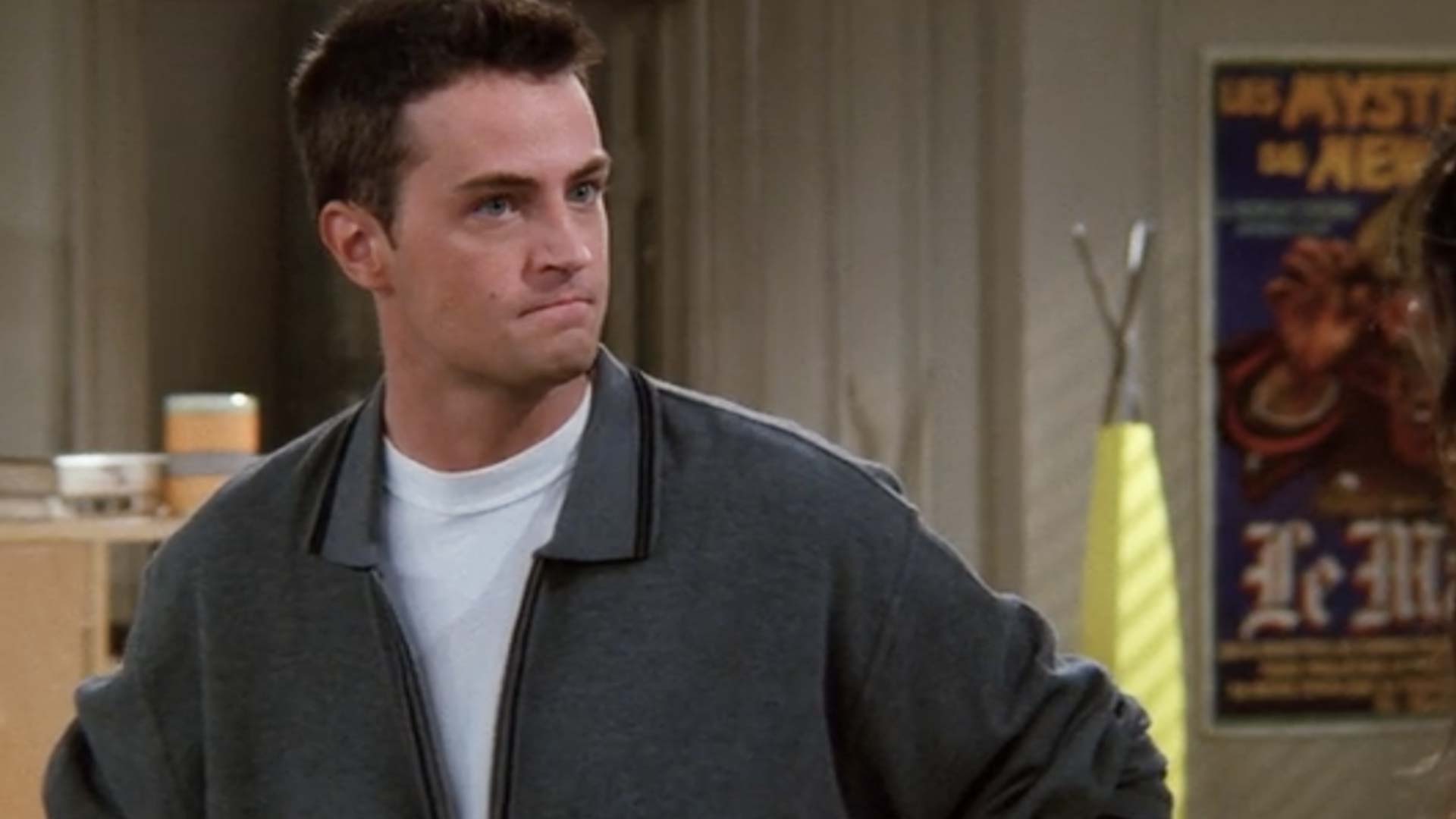Top 5 Matthew Perry Performances Outside of Friends
Matthew Perry, one of the stars of the hit sitcom and cultural phenomenon Friends, passed away over the weekend, and the world is mourning his loss. Friends is the first thing that comes to mind when thinking of Perry, and that’s only natural; it’s the most popular thing he’s ever done, and most of his other work failed to take off. But he was part of some great entertainment aside from his signature role, and as Chandler Bing’s best moments are remembered elsewhere, here are his best performances outside of Central Perk to celebrate the life of a comedian lost too soon (in chronological order).
Saturday Night Live (season 23, episode 2, 1997)
This is a bit of a cheat, but it’s too good to ignore. Back in the day, Saturday Night Live was a comedy show, and the celebrity hosts poked fun at themselves while working with what were, at the time, talented ensemble casts. Matthew Perry hosted an episode in 1997, and it was hilarious, with Perry mocking his signature brand of sarcastic humor (see the sketch embedded above), a sketch about Friends that gets very meta and portrays Perry as an uptight diva, and an entry in the long-running Celebrity Jeopardy parody with Perry playing Michael Keaton. Even the opening monologue was great, a gag on how silly the opening credits sequence of Friends is, especially considering it takes place in New York City. Perry showed not only his comic flexibility but a willingness to laugh at himself, which, considering how self-conscious he was purported to have been, is admirable.
Three to Tango (1999)
This romantic comedy starred Perry as an architect whose business partner and best friend, played by Oliver Platt, is gay. When they find themselves in competition with a rival firm for a big contract with a wealthy industrialist (Dylan McDermott), one of their advantages is the client assuming they’re both gay. Perry must then pretend to be gay to secure the contract, which becomes a problem when he falls in love with the client’s mistress (Neve Campbell). Three to Tango was a box office dud that got lousy reviews, but that’s a shame because it’s a funny and charming little movie. Perry is hysterical first as a straight man pretending to be gay, then as a guy torn between securing his professional career – as well as that of his best friend – and pursuing the love of his life. And the ultimate message is a good one: be true to yourself, even if you’re a heterosexual. (I don’t think this spin on it would play well today, despite its relevance.)
The Whole Nine Yards (2000)
This is probably Matthew Perry’s most famous non-Friends project, and that’s not surprising; it was the only other thing he did that was a big hit. Perry plays Nicholas “Oz” Oseransky, a dentist living in Montreal with an evil, money-hungry wife and a mountain of debt from his deceased business partner (and father-in-law). But when a former gangland assassin named Jimmy “The Tulip” Tudeski (Bruce Willis) moves in next door, Oz becomes embroiled in a twisty scheme where everyone is trying to get rich by killing each other. Perry’s sarcasm and affable relatability are his great advantages here, as he’s caught up in a plot that spirals further and further out of his control. He works perfectly against Bruce Willis, who’s funny because he plays it straight, allowing Perry to do the broader comedy. Amanda Peet, Michael Clarke Duncan, Kevin Pollack, and Natasha Henstridge are all great in supporting roles (especially Peet, who gets lots of great laughs), but Perry and Willis are the main show; the two became good friends through this movie, and a friendly wager between the two resulted in Willis appearing on Friends for an extended guest role (which netted him an Emmy). A word to the wise: avoid the sequel like the plague.
Studio 60 on the Sunset Strip (2006-2007)
This was the other thinly-veiled Saturday Night Live series that came out in 2006; 30 Rock got the acclaim and the success, but for my money, Studio 60 was way better. After the producer of a sketch comedy show (Judd Hirsch, who’s clearly supposed to be Lorne Michaels) has a Network-esque meltdown on the air and gets fired, two of his former writers (Matthew Perry and Bradley Whitford) are brought back to take his place and save the show. Perry’s Matt Alby is the creative half of the duo, supervising the writing and structuring of the series. Studio 60 is a dramedy, and Perry was adept at both sides of the coin, giving Matt a beating heart to go with his quick wit; this was evident in his friendship with Whitford’s Danny Tripp and his will-they-won’t-they romance with lost love Harriet Hayes (Sarah Paulson). While it’s a shame Studio 60 only lasted one season, it tells a complete story and has a satisfying ending, so don’t hesitate to check it out. (One episode, “The Christmas Show,” made my Top 10 Christmas Episodes list from a few years ago.)
Go On (2012-2013)
Matthew Perry plays a sports radio host who goes into a misanthropic funk after his wife dies and is sent to group therapy by his boss. While there, he ends up taking over the group and slowly finds his joy for life again in helping his fellow patients overcome their own grief. Playing someone this angry and bitter was a departure for the guy famous for being Chandler Bing, and Perry once again showed his range and rose to the challenge, digging into the supporting cast at every turn but being so funny that it was impossible to hate him. But it was satisfying to see him grow, clawing up from the depths of despair through some hilarious comedy. This was one of several attempts to set up a sitcom for Perry after Friends, and while they all failed, Go On was the best one. (Although Mr. Sunshine, which Perry co-created, was pretty good too.)
Honorable Mention: Almost Heroes (1998)
Almost Heroes is a bad movie, which hurts because it stars not only Matthew Perry but Chris Farley, a comedy legend. But it just doesn’t work, with none of the frontier-times humor landing. However, there is one scene that almost makes the movie worthwhile: Perry is sick (or poisoned, or something; who remembers?), and their Native American guide prepares a remedy she feeds to him. His reaction is a raucous demonstration of Perry’s genius at physical comedy, producing maybe the only laugh in the film – but it’s a big one.
***
Farewell, Matthew Perry; thanks for the laughs, and thanks for being there for us.
Comments (1)









Fools Rush In.
The movie with Salma Hayek didn’t make the cut.